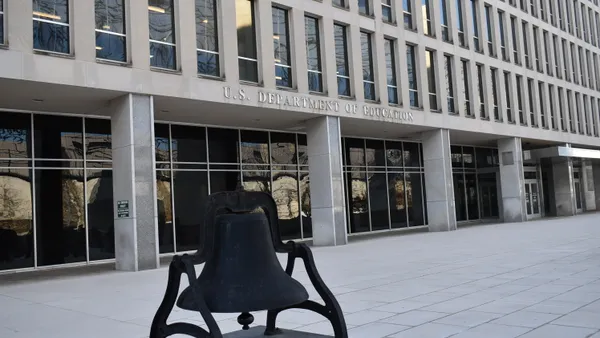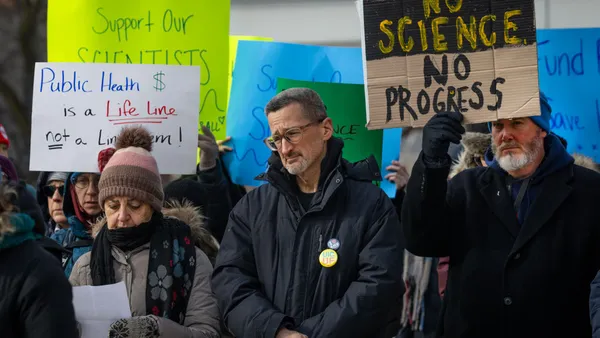Federal education funding and all nondefense spending would stay flat in fiscal 2024 and get a 1% increase in fiscal 2025, according to a negotiated budget deal made over the Memorial Day weekend in an effort to prevent the country from defaulting on its payments.
The bipartisan agreement drew praise from both the White House and House Republican leadership who said they are working swiftly at a compromise before the default deadline of June 5.
The House Rules Committee is expected to discuss the two-year 99-page deal, titled the Fiscal Responsibility Act, at a meeting today to determine if the bill goes to a full vote in the House on Wednesday.
If it passes through those steps, the measure would then be taken up by the Senate.
Both parties have expressed support for the deal.
“The Fiscal Responsibility Act does what is responsible for our children, what is possible in divided government, and what is required by our principles and promises," said House Speaker Kevin McCarthy, R-California, Majority Whip Tom Emmer, R- Minnesota, and Chairwoman Elise Stefanik, R-New York, in a joint statement. "Only because of Republicans’ resolve did we achieve this transformative change to how Washington operates."
Republicans in Congress originally suggested that education spending be held to fiscal year 2022 allocations. That would mean, for example, $850 million less for Title I than in fiscal year 2023 spending.
In a tweet May 28, U.S. Education Secretary Miguel Cardona said he applauded President Joe Biden for "averting a crisis." Cardona also praised the deal for protecting student loan relief. In addition, the agreement calls for resuming collection of student loan payments on a similar schedule as has been planned by the Education Department.
Of the negotiated deal, Cardona said, “The House Republicans’ original plan would have made cuts equivalent to about 100k teachers. We still have work to do, but those draconian cuts will not happen."
President Joe Biden in a May 27 social media post called the negotiated deal "an important step forward that reduces spending while protecting critical programs for working people and growing the economy for everyone. And, the agreement protects my and Congressional Democrats’ key priorities and legislative accomplishments."
A default on the nation's debt would have "catastrophic impacts on every single part of this country," said the Office of Management and Budget in a Tuesday statement, adding that it could lead to an economic recession, devastate retirement accounts, and cost millions of jobs.
















